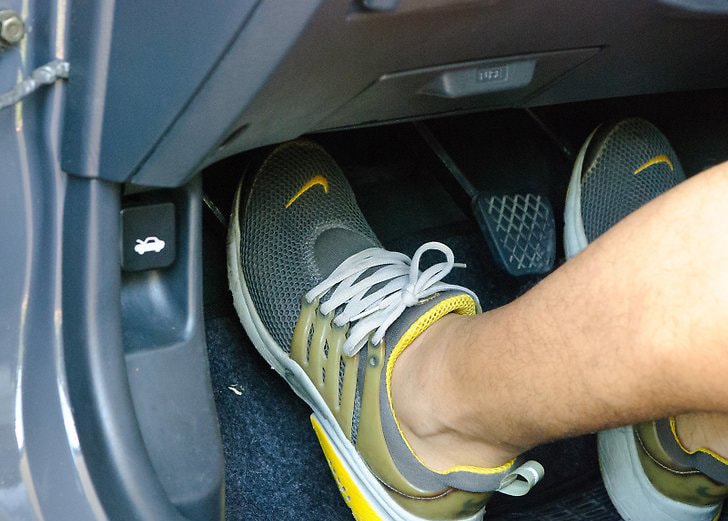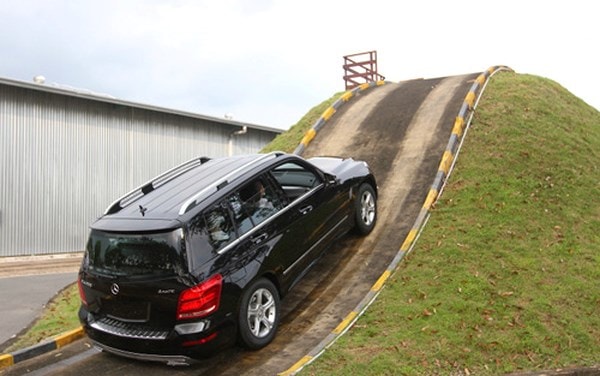5 common problems with car clutches that need to be fixed quickly
(Baonghean.vn) - The car's clutch (or clutch) is the intermediate link between the engine, gearbox and driving axle. If the clutch has a problem, controlling the car will be difficult, and the car may even not work... The car's clutch often has some of the following symptoms of failure.
1. Heavy clutch pedal
 |
Normally, when using a car, the first feeling when controlling is whether the clutch and gear are light or not. If using a clutch booster when shifting gears, you have to try hard to press the clutch, the cause may be due to the car's clutch control system lacking oil.
In this case, you should take the car to the garage to add more oil to the system, helping the car run more smoothly.
2. Clutch pedal vibrates
 |
This condition of the clutch when lightly pressing the foot on the clutch pedal while the engine is running. If you press the foot harder, the clutch pedal will stop vibrating. This indicates a failure that may be due to incorrect clutch disc assembly, causing it to move at each rotation. This phenomenon results in rapid clutch wear.
How to handle this situation, if you have the skills, you need to remove the clutch and reinstall the clutch disc properly; otherwise, quickly bring the vehicle to a repair shop for advice and to fix the above problem.
3. Release the clutch, the car jerks
 |
After shifting gears, releasing the clutch pedal, the engine jerks and vibrates violently, the clutch connection is not smooth. This is a common situation when driving...
When this happens, you need to take the car to the garage for a professional mechanic to check; the cause may be due to incorrect adjustment of the car's clutch pedal, or a part of the clutch is broken.(such as broken shock absorber spring, cracked press table, etc.).
4. There is a noise when the clutch is pressed.
When you press the clutch and hear a noise, the reason is the "T" bearing.(clutch disengagement bearing)damaged, worn or lacking lubrication, causing a noise when pressing the clutch pedal. When this happens, replace the bearing and add grease.
It can be checked very simply as follows: Start the engine, put it in gear, release the clutch pedal halfway to see if the car moves smoothly, without "jerking" and when accelerating, the car "speeds up" which proves the clutch is working well.
5. The car is sluggish when going uphill due to clutch slippage.
 |
When pressing the gas to climb a hill or accelerate, while the engine rpm is high, the engine is strong, but the car seems quite sluggish. This is a sign that the torque from the engine is not transmitted to the wheels due to the clutch slipping. Most of the causes of clutch slipping are due to worn friction discs, in some other cases it is due to engine or gearbox oil leakage causing loss of friction.
The phenomenon of clutch slippage can have a negative impact on other parts. If not promptly fixed, the new clutch disc will wear out faster and the clutch assembly will work less effectively.

